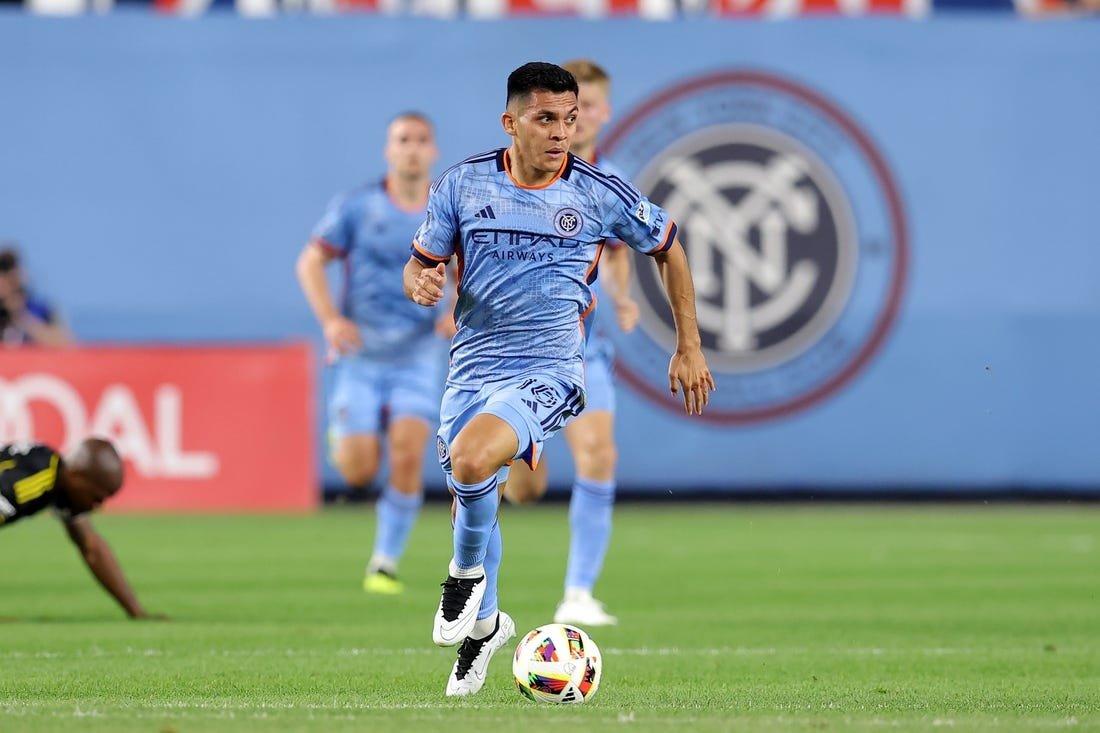In the world of sports, there seems to be a pattern of the media rushing to rehabilitate the image of their favorite players and coaches, regardless of the harm they may have caused. This phenomenon is not new, as we’ve seen numerous instances of athletes being given a second chance or being portrayed as “changed” individuals, despite serious allegations against them.
Take, for example, the case of Adam Schefter’s softball interview with Greg Hardy, shortly after he was accused of domestic violence against his then-girlfriend. Schefter, who is not trained in the dynamics of domestic abuse, did not ask the tough questions that should have been asked in that situation. Similarly, Jameis Winston was given positive coverage, highlighting his supposed “maturity” since being accused of assault in college. And of course, Peyton Manning has been the subject of far more glowing pieces than the allegations of sexual assault he faced in college.
Now, let’s turn our attention to Omar Vizquel. Vizquel was recently fired by the White Sox Class AA team after an internal investigation prompted by a lawsuit accusing him of sexually harassing a batboy with autism. Additionally, he has been accused of domestic violence against his ex-wife, although he was not charged or prosecuted for these allegations. So, it’s surprising that anyone would be willing to give him a platform to rehabilitate his image.
In a recent piece by Bob Nightengale in USA Today, Vizquel’s pain and struggles are vividly described, perhaps in an attempt to evoke empathy from readers. However, there is nothing in the article that convinces me that Vizquel deserves a second chance. The article lacks introspection on Vizquel’s part, with no mention of any self-reflection or efforts towards improvement. Instead, we are presented with a narrative of Vizquel feeling sorry for himself and wishing for another opportunity.
It’s important to note that allegations of domestic abuse and sexual assault are serious and should not be taken lightly. Sportswriters, before conducting interviews with individuals accused of such acts, should educate themselves on the dynamics of these issues. They should consult experts in the field to develop a better understanding of the complexities involved. By doing so, they can ask the right questions and uncover the truth, rather than simply giving a platform for individuals to present their side of the story.
When it comes to athletes like Vizquel, who have been accused of serious offenses, it is not surprising that many people choose not to associate with them. The consequences of one’s actions should not be seen as unfair, but rather as a logical response to their behavior. However, in the world of sports, there seems to be a never-ending line of people demanding a second chance for these athletes, as if they are entitled to it.
In the case of Vizquel, his lack of introspection and refusal to acknowledge the harm he may have caused tells us a lot about his character. It is clear that he sees himself as the victim, rather than considering the impact his actions may have had on others. This self-centered perspective is concerning and should make us question whether he truly deserves another chance in the world of baseball.
In conclusion, the media’s tendency to rehabilitate the image of athletes accused of serious offenses is a troubling pattern. It is crucial for sportswriters to educate themselves on issues like domestic abuse and sexual assault before conducting interviews with individuals accused of such acts. Additionally, athletes should not be given a free pass or portrayed as victims without proper introspection and acknowledgment of their actions. The consequences of their behavior should not be seen as unfair, but rather as a necessary response to their actions.




